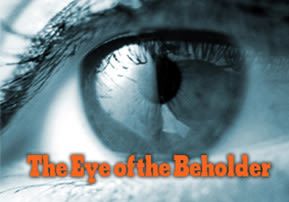
The Eye of the Beholder
An irritated eyeball – whether it’s allergies, onions, shampoo or anything else – might often mean that one isn’t looking favourably at his fellow human...

A few months ago, I had a call from a close friend of mine living in Israel; she’d been to the doctor to find out why she was having problems seeing out of one eye, and he’d given her the shocking news that she had cancer of the eye.
When she called to tell me, I was amazed. Strange as it perhaps sounds, I never even realised that getting cancer in the eye was possible. She told me it was a comparatively rare phenomenon, but still possible.
Baruch Hashem, after much davening and treatment, my friend emerged with a clean bill of health. After getting the all-clear, being the deep, generous and humble person she is, my friend shared with me some of the ‘lessons’ she’d learned from the experience.
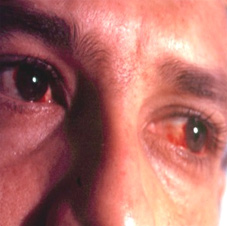 As she put it, the main thing she learned was that Hashem wanted her to judge her fellow human favourably, and to always try to look at them with an ‘ayin tova’ – a favourable eye.
As she put it, the main thing she learned was that Hashem wanted her to judge her fellow human favourably, and to always try to look at them with an ‘ayin tova’ – a favourable eye. My friend told me her conclusions on a Thursday, and in my secret heart of hearts, I knew that I also had a problem with judging people less than favourably. I’ve been working on it for a while, but sometimes (often!), bad middot (character traits) are very deeply-rooted, and they don’t disappear overnight.
But Hashem, in His wisdom, is always watching over us, and sending us ‘cues’ to help us along the path He wants us to take.
That Saturday night, I went to bed with a very itchy eye. The next morning, I woke up with a puffed-up, streaming eye. Uhoh. I immediately thought of my friend. Over the next few days, the puffing more or less disappeared, and I thought it was a flash-in-the-pan.
Then I saw the bump. Right in the middle of my eyelid, under the skin, there was a bump, and it seemed to be growing every day. Dear reader, I have read Garden of Emuna nine or ten times; I listen to emuna CDs all the time; I do an hour of hitbodedut every day – and I was still petrified.
I sat on my couch most of the afternoon, almost too scared to move. But eventually move I did, over to the phone where I called the local eye specialist to make an emergency appointment.
All I could think about was my friend’s experience. I thought I had a while to sort out my lack of ahavat yisrael, but maybe Hashem had lost patience with me, and was going to make sure that it really became a number one priority.
I was right, kind of, but not in the way that I thought. The specialist took a quick look at my eye, and told me that all that had happened is that something had somehow got in there, and my eyelid had ‘got hold of it’.
He told me I had three options: option one was to do nothing, and let it go away by itself. Option two (his preference) was to try and speed the process up by applying hot compresses every day. And option three – which he really didn’t recommend – was to try and get it cut out of my eyelid.
I was so relieved and so grateful to Hashem, I practically danced out of the surgery. All this happened at the beginning of November. As I write this at the beginning of April, I still have a big, ugly, disfiguring bump under my left eye-lid. But I’ve said ‘thank you’ a number of times, because I know why it’s there. Every time I start complaining about something in my life that’s not going to plan – that is, my plan – I remember the bump on my eye, and I remember that Hashem wants me to see everything with an ‘ayin tova’ and to be grateful for all the things I find hard or troubling, because they are also, ultimately, for my good.
In a similar vein, whenever I catch myself thinking less than positively about my fellow human, my bump makes it so much easier for me to turn my thoughts down a different path. If I can’t find something actively positive to say, at least I’m not saying something negative now.
That doesn’t mean I love having a funny-looking eye. I don’t. But I know that once I’ve really got into the habit of having an ‘ayin tova’, it will disappear as quickly as it came.
So if you find yourself with an irritated eyeball – whether it’s allergies, onions, shampoo or anything else – stop for a minute, and ask yourself if you are seeing your fellow human with an ‘ayin tova’. If we pay attention to the small ‘cues’, Hashem doesn’t need to send us the bigger, more distressing ones. That’s what emuna and good health are all about.






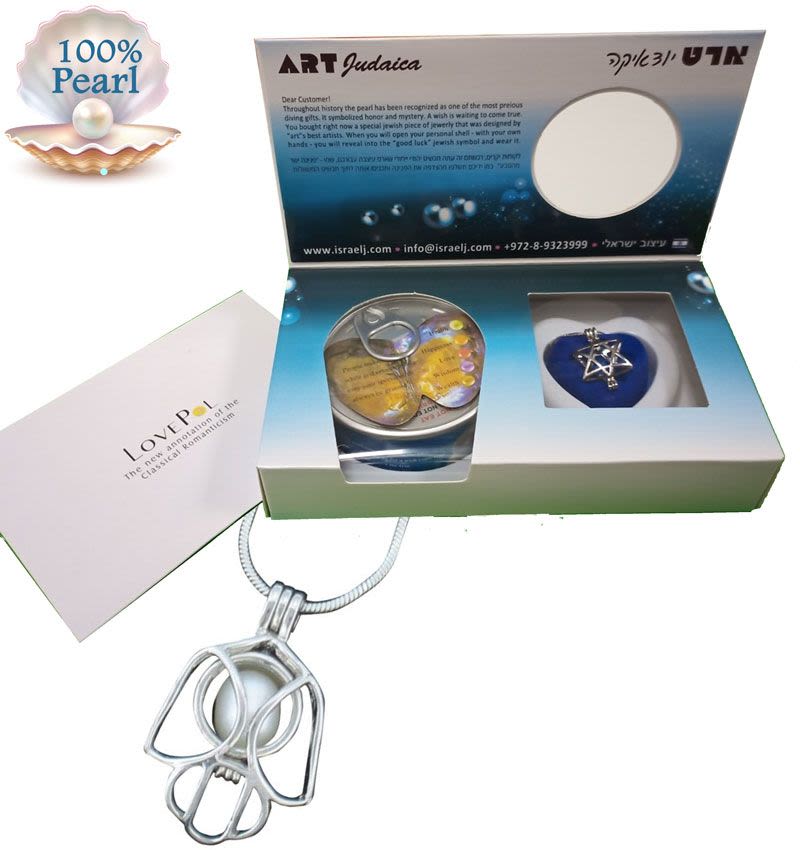
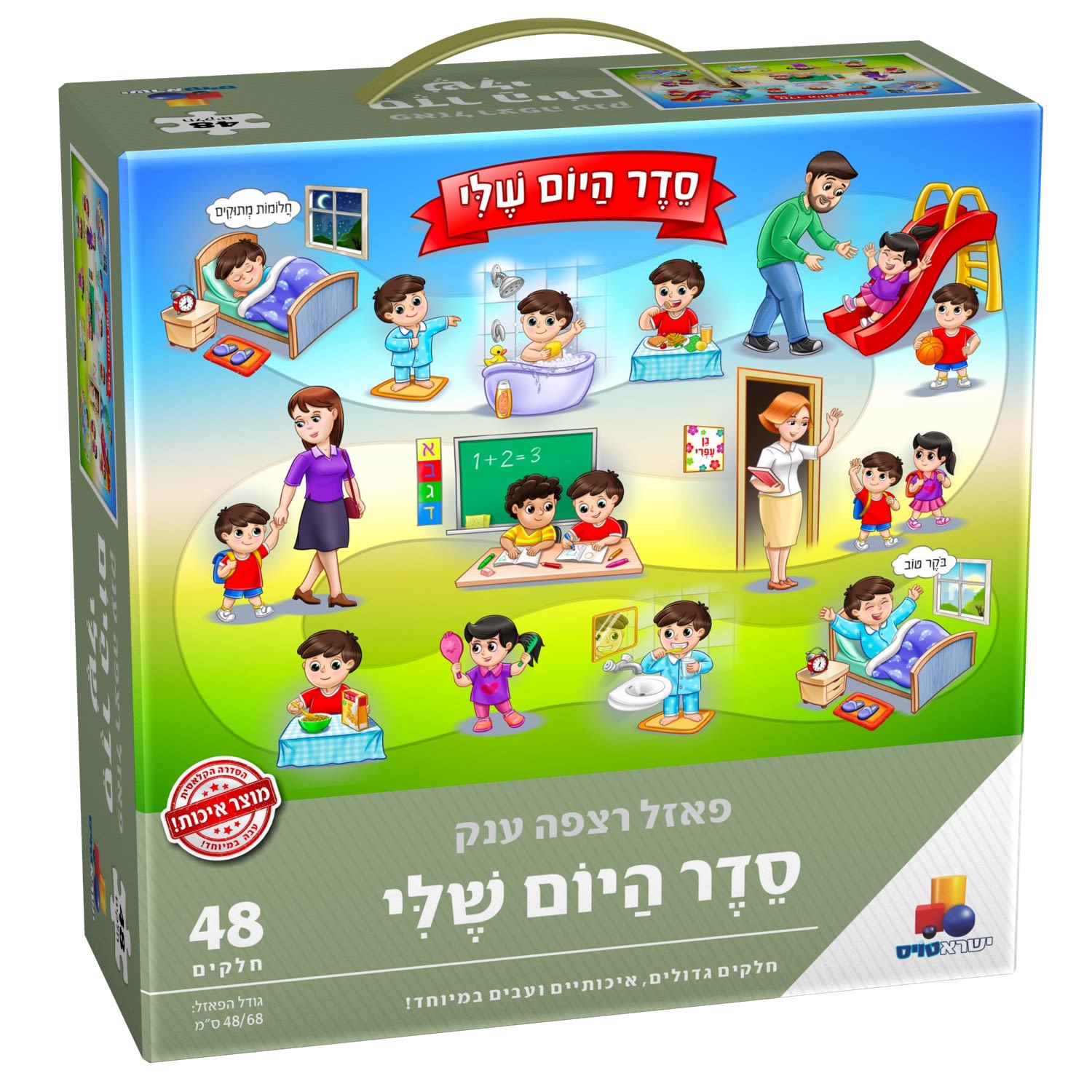


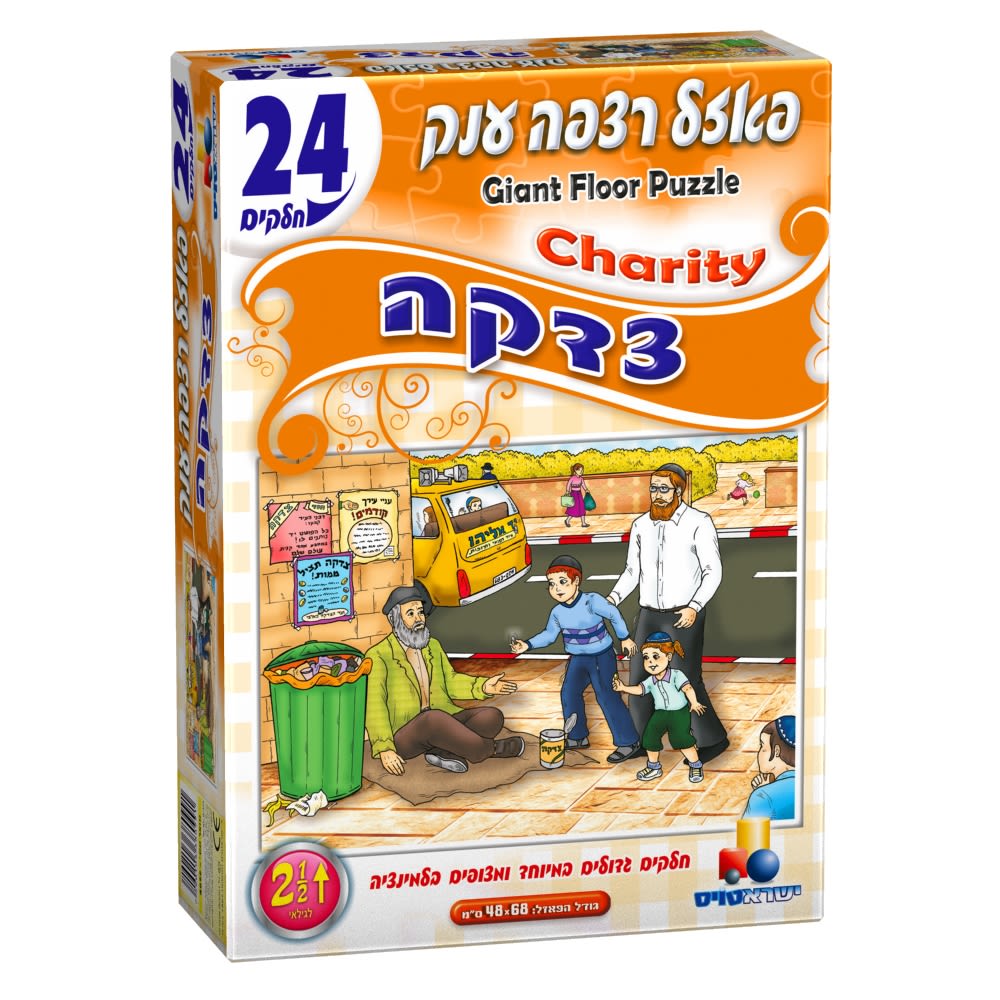
Tell us what you think!
Thank you for your comment!
It will be published after approval by the Editor.